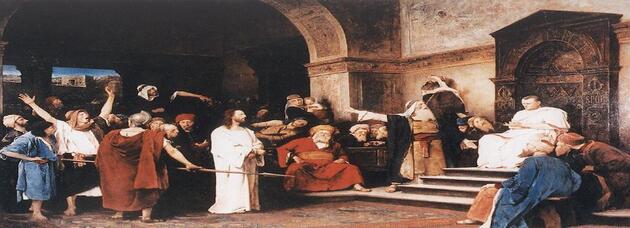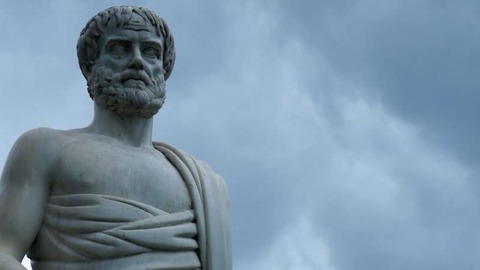The Choice of Pilate
The story of Christ’s betrayal and crucifixion involves the Roman empire. The fifth presiding governor over the territory of Judea incorporating the Hebrew tribes, was Pontius Pilate. Pilate is often quoted in undergraduate philosophy for asking Christ, “what is truth?”. He’s also often cited in pastoral homilies for his choice to “wash his hands” of the guilt of Christ’s crucifixion.
For most, this is thought to be the central moment of choice in the Pilate story. Does he give Jesus over to the crowd, or does he risk a riot to spare him? But I think this is only half the story. You see, Pilate had another choice to make. One much more momentous, and one that made his hand-washing inevitable, once he took it.

